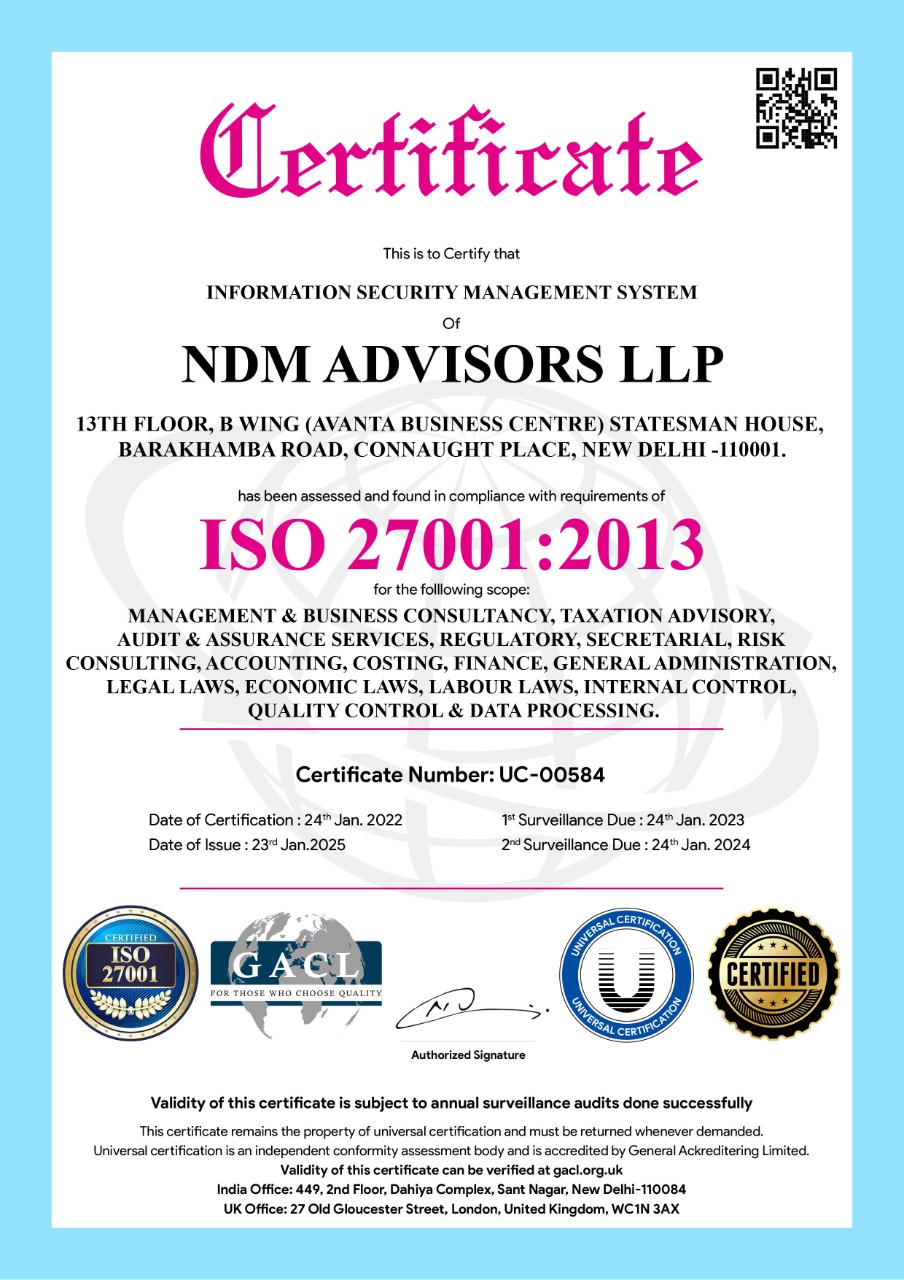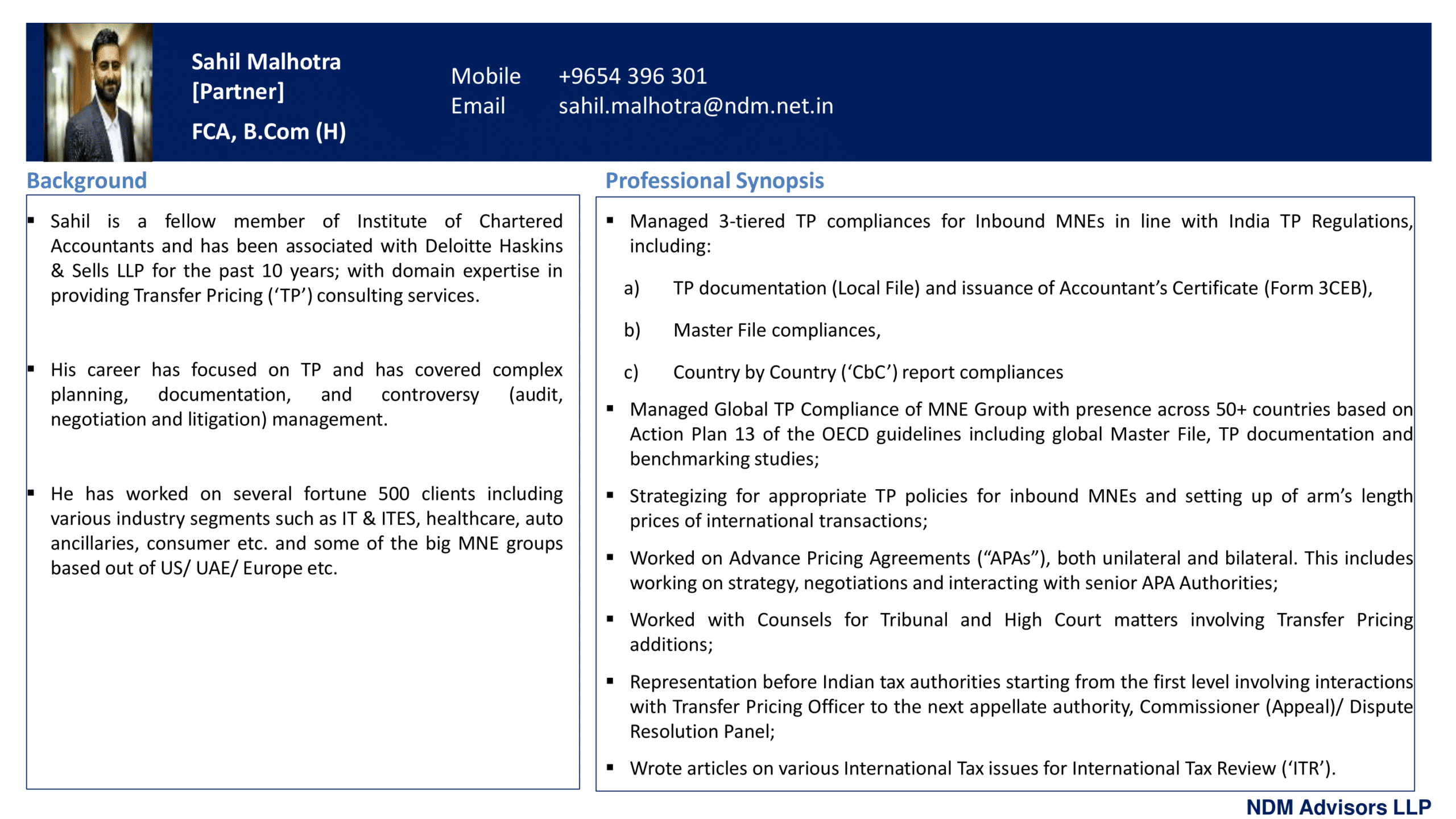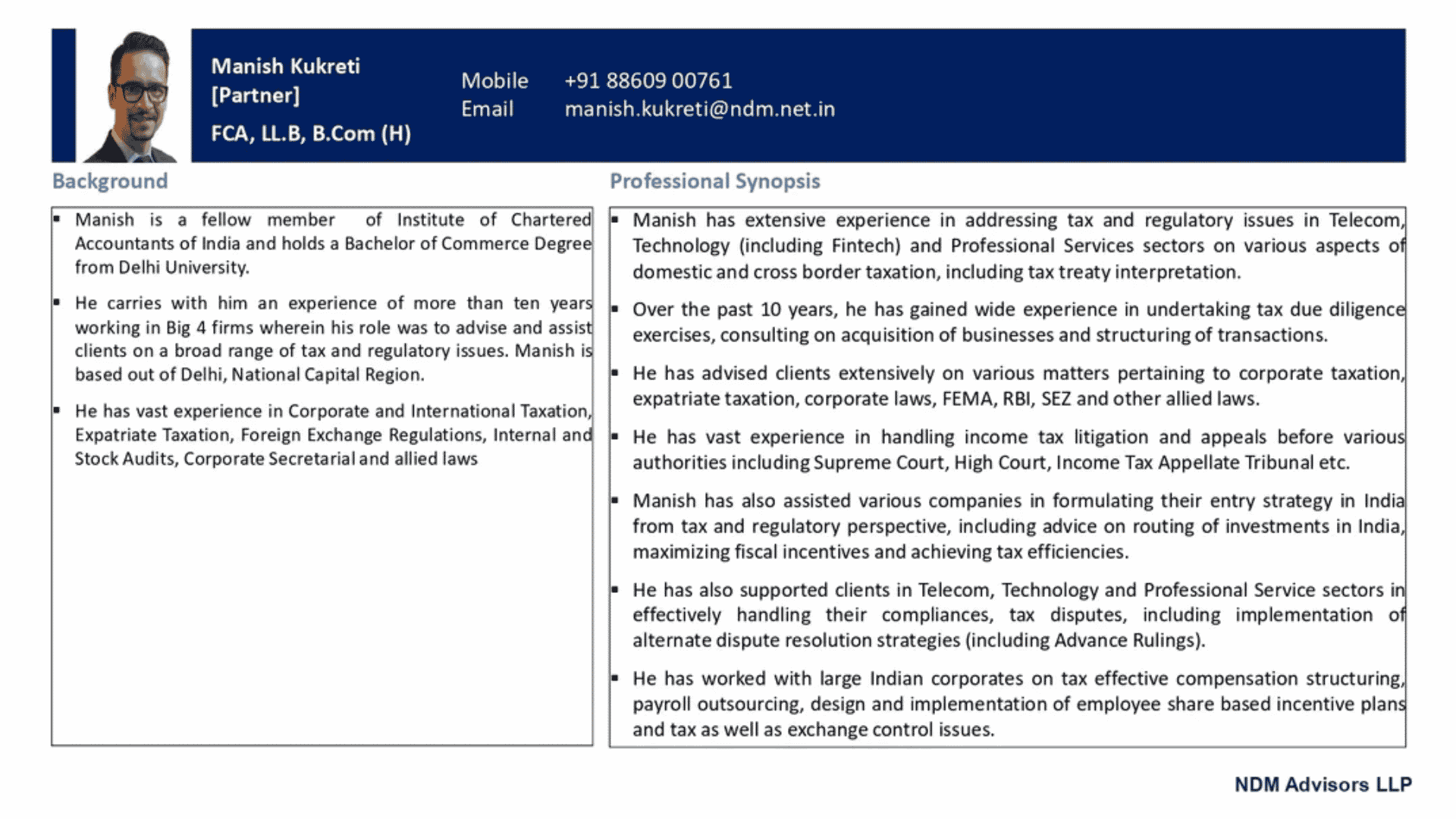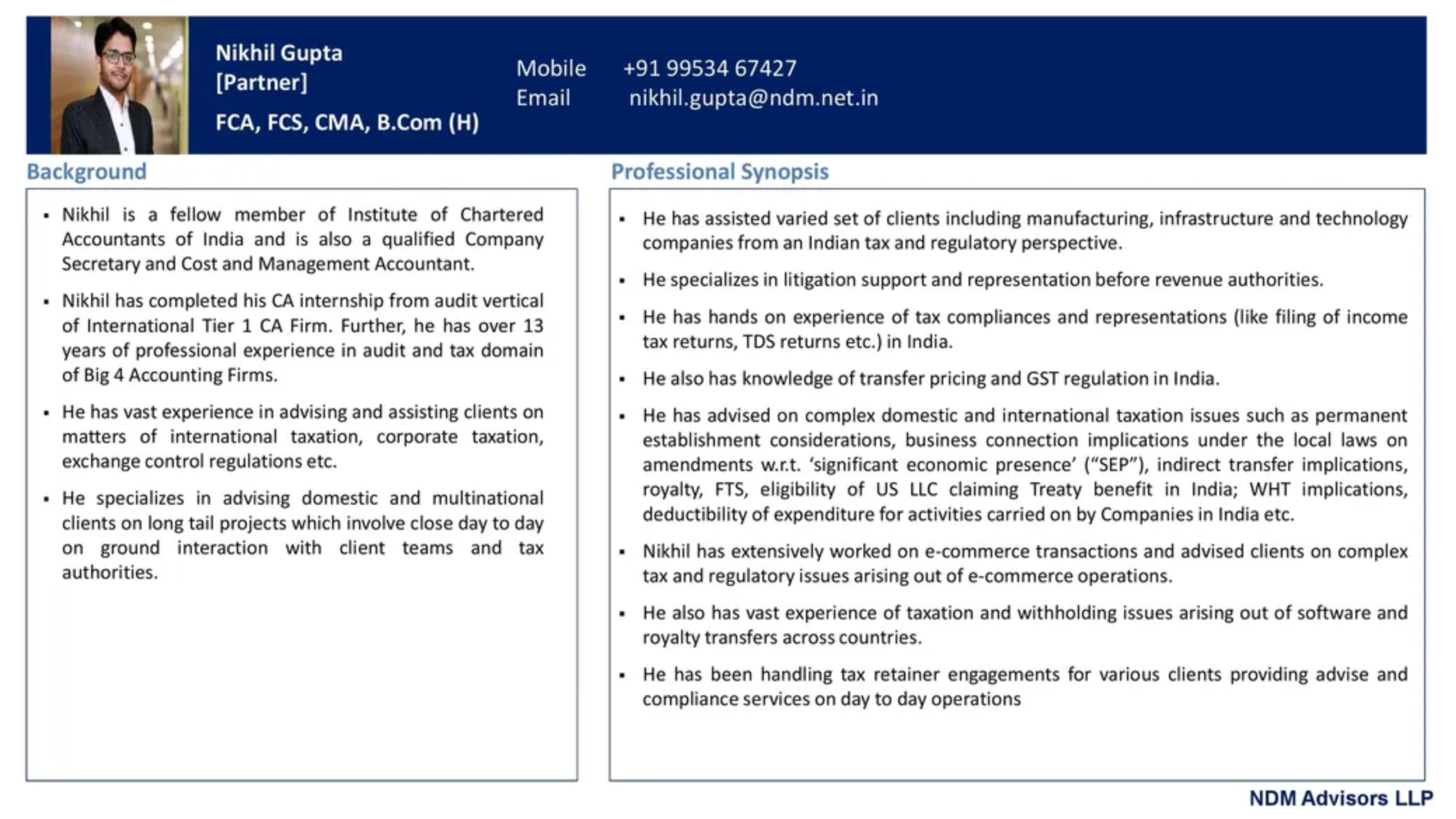Company Incorporation Checklist Saudi Arabia

Applicable Law: Saudi Companies Law (Commercial Companies Law, CCL)
Most popular structure: Limited Liability Company (LLC) in Saudi Arabia
• Features:
1. Capital Requirement
- General Rule: No statutory minimum share capital for LLCs, but practical requirements apply for foreign investors and certain sectors.
- For Foreign Investors: Minimum share capital is typically SAR (Saudi Arabian Riyal) 100,000 (approx. USD 26,000) under the Foreign Investment Act (only in case the company majority share will be owned (at least 51%) by Saudi or GCC nationals, and the foreign shareholding should not exceed 49%).
- Sector-Specific: Higher capital may be required for certain regulated sectors (e.g., industrial, agriculture, or wholesale/retail trade).
- MISA License: If an LLC requires a Ministry of Investment of Saudi Arabia (‘MISA’) license, the minimum capital is often SAR 500,000 (approx. USD 133,000) where the foreign shareholding exceeds 49%, while local (Saudi) investors have the option to register but are not mandated to do so.
- Negative List: Ensure your business activity is not on the negative list published by MISA.
2. Director and Shareholder Requirements
- Shareholders: Minimum one and Maximum fifty, it can be individuals or corporate entities.
- Directors/Managers:
- At least one manager/director, appointed by the shareholders. If more than 20 shareholders, a Supervisory Board of at least 3 members is required.
- Board of Managers/Directors (LLC): Responsible for the daily management and administration of the company. In Saudi LLCs, these individuals are typically called “managers,” though sometimes referred to as “directors” in English-language documents.
- Supervisory Board: Provides oversight and supervision over the managers but does not engage in day-to-day management.
2. Manager Residency Requirement for Saudi LLC
- Every Saudi LLC must appoint at least one manager.
- The manager (often titled “general manager”) must be a resident in Saudi Arabia.
- The manager must hold a valid Saudi residency permit (Iqama).
- The manager can be of any nationality, but must physically reside in Saudi Arabia to fulfill legal and regulatory obligations.
- Non-resident foreigners cannot serve as the sole manager of a Saudi LLC
3. No gender requirement for manager/directors (except for certain regulated sectors).
4. Appointment and Removal: Manager/Directors are appointed and removed by shareholder resolution.
3. Auditor Requirement for LLCs in Saudi Arabia:
Applicability
- LLCs classified as micro or small companies are exempt from the statutory auditor requirement if they meet two of the following three criteria:
- Annual turnover does not exceed SAR 10 million (USD 2.7 million)
- Total assets do not exceed SAR 10 million (USD 2.7 million)
- Total number of employees is less than 49
Exceptions to Exemption:
- Even if a company qualifies as micro or small, it must appoint an auditor if:
- It is a foreign entity or has foreign ownership
- It issues debt instruments
- The Articles of Association require an auditor
Term of Auditor
- Standard Term: An auditor is typically appointed for a term set in the company’s Articles of Association or by shareholder resolution.
- Maximum Consecutive Term: An auditing office may be appointed for up to five consecutive years. Exceptionally, this can be extended for up to seven consecutive years (for the auditing office), but the partner supervising the audit cannot serve for more than five consecutive years.
- Rotation: After the maximum term, a new auditor (or audit partner) must be appointed.
2. Formalities:
Below is a step-by-step guide to incorporating a wholly owned Limited Liability Company (LLC) in Saudi Arabia as a foreign investor:
1. Choose Business Activity and Reserve Company Name:
- Select your business activity in line with Saudi regulations.
- Reserve a unique company name through the Ministry of Commerce (MOC) online portal.
2. Obtain Investment License from MISA
- Apply for an investment license from the Ministry of Investment Saudi Arabia (MISA).
- Submit required documents: business plan, parent company documents, financial statements, and passport copies of shareholders.
- This license is mandatory for all foreign-owned LLCs and is the first major approval required.
3. Physical Office Requirement (not P.O Box)
- The company must maintain a registered office in Saudi Arabia. This is not optional and applies to all LLCs.
- Address Validation: The registered office address must be officially recognized and validated as a legitimate business location by the authorities.
- Documentary Evidence: During the LLC registration process, a lease or rent agreement for the office premises is typically required as proof of the registered office.
- No Explicit Requirement for Electricity Bill or NOC, but it is advisable to have these documents.
4. Draft and Notarize Articles of Association (AoA)
- Prepare the Articles of Association (AoA), which outline the company’s structure and operations.
- Submit the AoA to the MOC for authentication, then notarize the document at a public notary. This can be done online and in-person.
5. Apply for Commercial Registration (CR)
- Submit the notarized AoA, MISA license, and shareholder/manager details to the MOC.
- Upon approval, the Commercial Registration (CR) certificate is issued, officially establishing the company.
6. Register with Chamber of Commerce: Register your company with the local Chamber of Commerce, which is required for all businesses in Saudi Arabia.
7. Open a Corporate Bank Account:
- Open a Saudi corporate bank account using your CR, MISA license, and company documents.
- Deposit the required share capital (commonly SAR 500,000 for foreign-owned LLCs, but may vary by sector).
8. Register for Tax and Social Insurance
- Register with the Zakat, Tax and Customs Authority (ZATCA) for tax and VAT compliance.
- Register with the Ministry of Human Resources and Social Development for labor and social insurance (GOSI).
9. Obtain Visas and National Address
- Apply for an Iqama (residency permit) for the General Manager and any foreign employees.
- Register the company’s national address with Saudi Post.
10. Obtain Sector-Specific Licenses (If Required): Depending on business activity Company, apply for any additional sector-specific permits or approvals.
3. Document Requirements
All documents must be translated into Arabic and attested by the Saudi Embassy in the parent company’s country:
- Board resolution approving the subsidiary’s incorporation
- Parent company’s Certificate of Incorporation
- Parent company’s Articles & Memorandum of Association (MOA & AOA)
- Audited financial statements of Parent Company (typically last 1-3 years)
- Passports of directors and shareholders
- Power of Attorney (for person handling registration)
- Proof of registered office address in Saudi Arabia
- Proposed company name reservation certificate
- Business plan/blueprint
- Bank reference letter
- Proof of address for shareholders/directors
- Third-party approvals (if required for specific business activity)
- All documents translated into Arabic and notarized

4. Timeframe for Incorporation:
- Total Estimated Time: 4–8 weeks, depending on document preparation, translation, attestation, and government processing times.
- MISA License: 2–4 weeks
- Company Registration (MCI): 1–2 weeks
- Commercial Registration (CR): 1 week
- Bank Account Opening: 1 week
5. Key Authorities and Portals:
- Ministry of Investment (MISA): Investment licensing and foreign investment regulation
- Ministry of Commerce (MCI): Company incorporation and commercial registration
- Chamber of Commerce: Membership and business support
- Zakat, Tax and Customs Authority (ZATCA): Tax and VAT registration
6. Government Fees (Estimates)
- MISA License: SAR 2,000 – 10,000
- Commercial Registration (CR): SAR 1,200 – 5,000
- Notarization/Legal Fees: SAR 3,000 – 7,000
- Chamber Registration: SAR 2,000 – 3,000
- Capital Deposit: Typically, SAR 500,000 for foreign LLCs (may vary)
7. Sector-Specific Restrictions for Software/Tech
- Software and IT Services: No local partner required, 100% foreign ownership permitted.
- Telecom Services: May require a Saudi partner (30–40% ownership), but this does not apply to IT/software, IoT, or cloud services.
- Professional Services: Some require a local partner (e.g., engineering consultation), but not standard IT/software.
Summary Table: Incorporation Steps & Authorities
Step | Description | Website | Timeframe (on highest estimated basis) |
1 | Reserve Company Name | 1–3 days | |
2 | Obtain MISA License | 2–4 weeks | |
3 | Prepare & Notarize MOA/AOA | – | 1 week |
4 | Register Company | 1–2 weeks | |
5 | Open Bank Account & Deposit Capital | – | 1 week |
6 | Register with Chamber of Commerce | varies | 1–3 days |
7 | Obtain Commercial Registration (CR) | 1 week | |
8 | Register for VAT (if applicable) | 1 week |
Summary Table: Main Forms
Form/Application Name | Purpose/Authority |
Company Name Reservation | Reserve company name (MOC) |
MISA Investment License Application | Foreign investment approval (MISA) |
Articles/Memorandum of Association | Company constitution (MOC, Notary) |
Commercial Registration (CR) | Legal company establishment (MOC) |
Chamber of Commerce Registration | Business chamber membership |
Tax Registration | ZATCA compliance |
Social Insurance Registration | GOSI compliance |
Labor Registration | Ministry of Human Resources |
National Address Registration | Official address (Saudi Post) |
Bank Account Opening | Corporate banking |
Note:
Foreign documents (such as Certificate of Incorporation, Board Resolutions, Power of Attorney, etc.) must first be notarized by a notary public or relevant authority in the country of origin.
After notarization, these documents must be authenticated or apostilled by the Ministry of External Affairs (or equivalent authority) in the country of origin
All foreign documents submitted for company incorporation in Saudi Arabia must be accompanied by Arabic translation.
Note: Compliance with local anti-money laundering (AML) and tax laws is mandatory.
Whilst we have taken all reasonable precautions and steps to provide accurate and up to date information in this publication, we do not give any warranties or representations, whether express or implied, in this respect.
The information is subject to applicability of given provisions/ laws on individual entity and may change without prior notice. The information contained in this publication is subject to changes in tax and regulatory laws in different local jurisdiction.
None of the information contained in this publication constitutes a recommendation to engage in any transaction. No action should be taken based on this information without first seeking independent professional advice. We shall not be liable for any loss or damage whatsoever arising as a result of your use of or reliance on the information contained herein.
In case of queries, drop us a line on communications@ndm.net.in
Have Any Question?
Send us a message and tell us more about your business and financial goals. We will get back to you soon to schedule a consultation.
- +91 9873210394
- Communications@ndm.net.in








